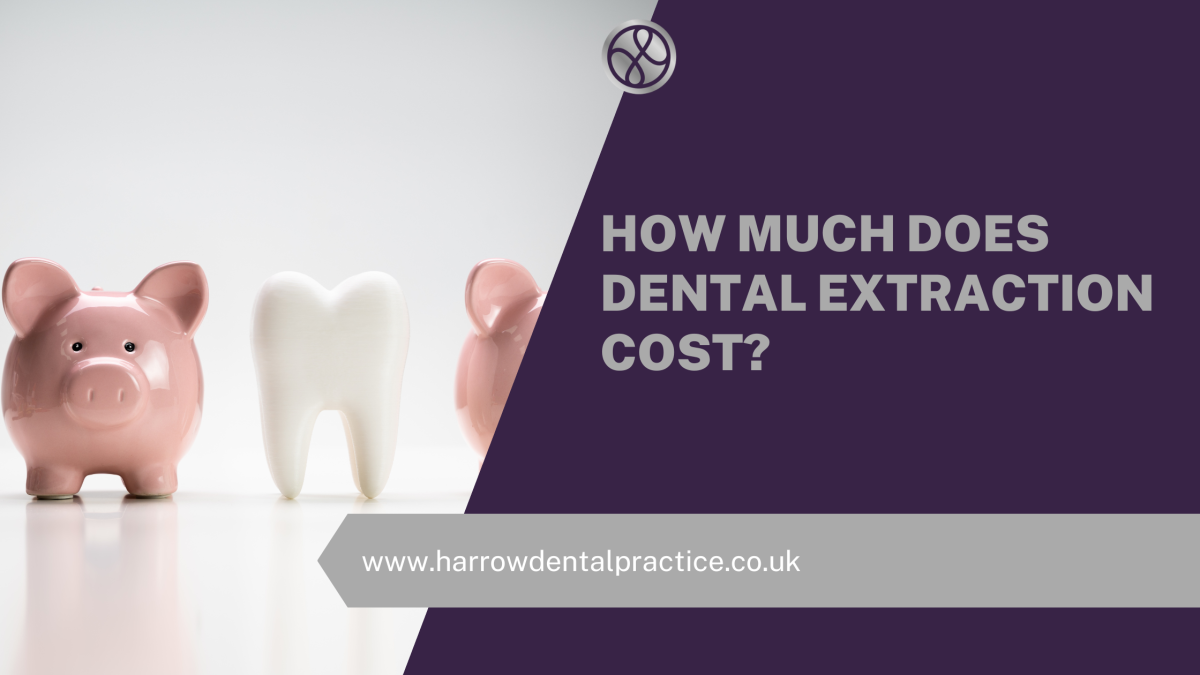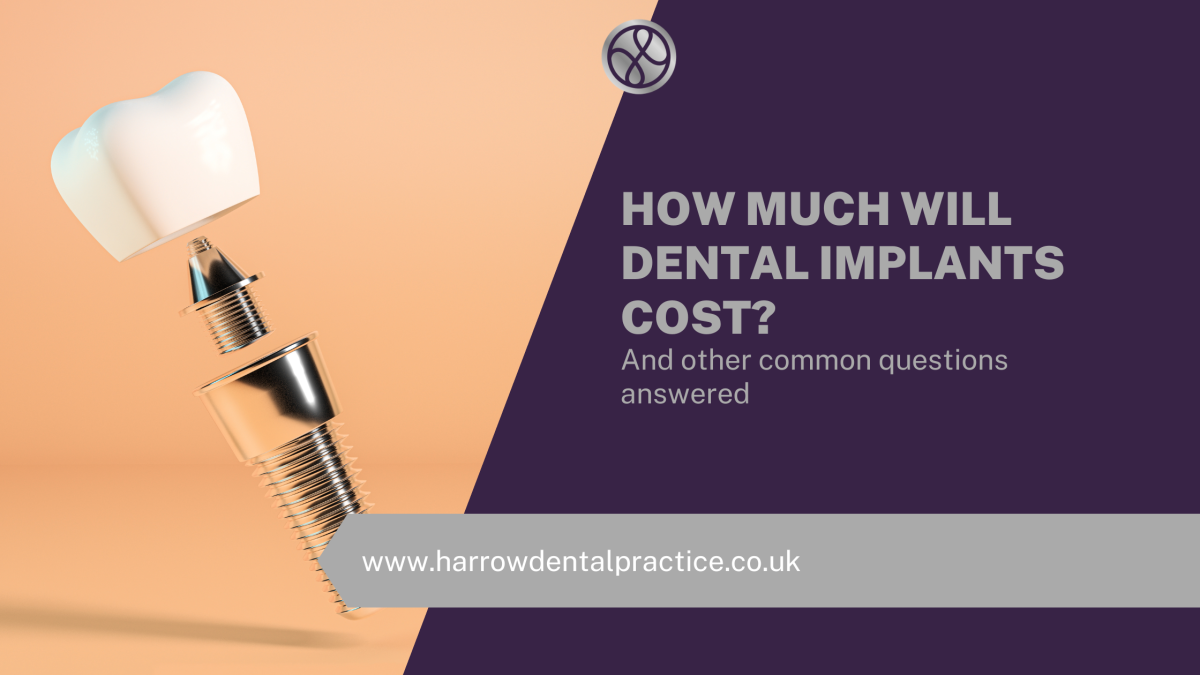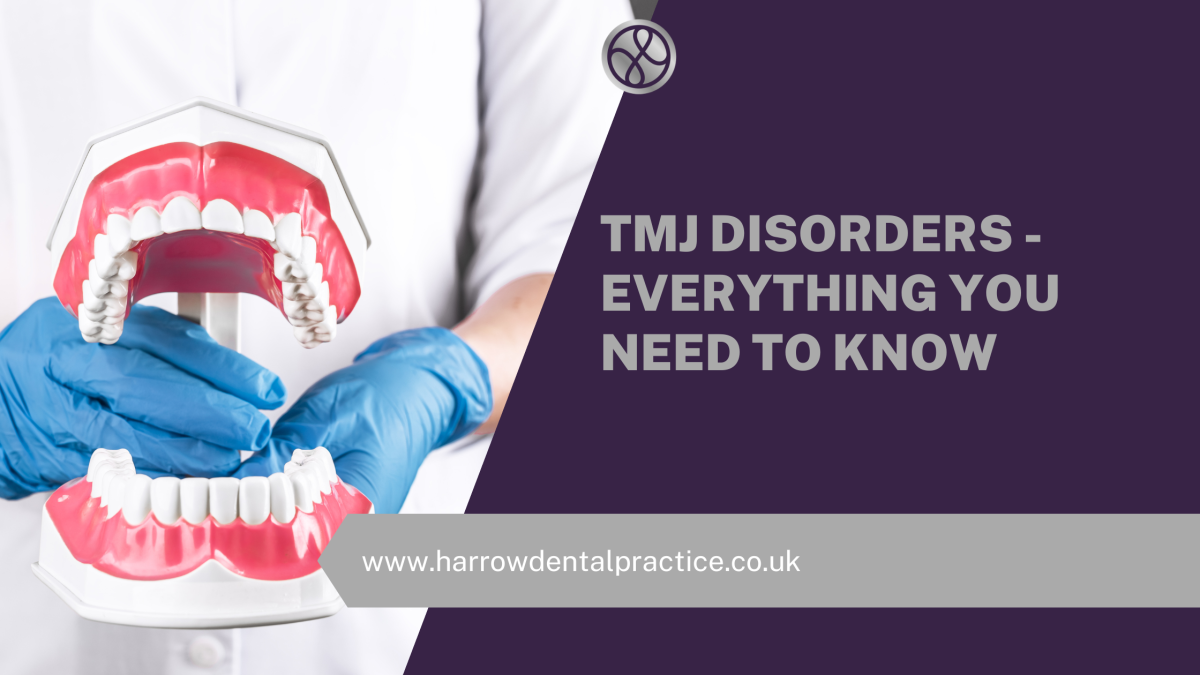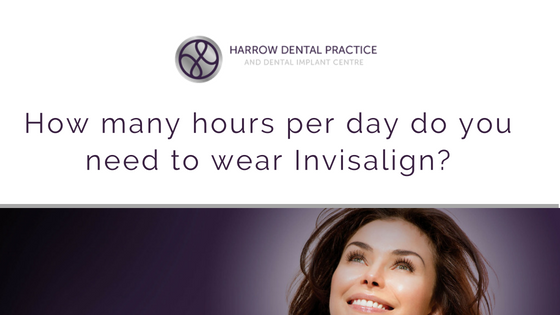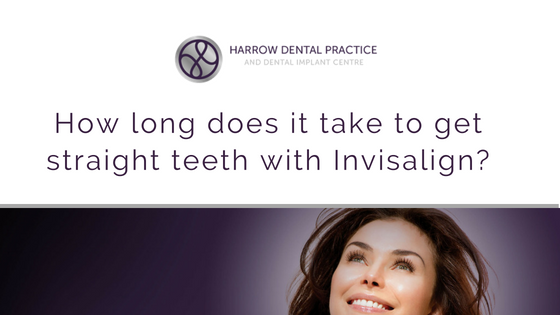When we talk about dentists, the first thing that comes to mind is teeth extractions. However, teeth extraction is not that common anymore. Today, dentists focus on preserving as many teeth as possible. But even today, teeth need to be extracted in a few cases.
So, what is tooth extraction, when it is needed, and how much does it cost? You will get answers to all these questions and many more in this blog. So, if your dentist has just told you that you need to get one of your teeth removed and you would like to know more about the procedure, read on!
What Is Dental Extraction Treatment?
Tooth extraction is a procedure in which a dentist pulls a tooth out of its socket. A tooth extraction may seem painful, but it is not. Why? Because your dentist will administer local anaesthesia to make you pain-free before starting the procedure.
What Should I Know About Tooth Extractions?
If this is the first time you are having one of your teeth removed, there are a few things you should know about the procedure:
- Dental extractions are painless. You will not feel any pain but may experience pressure sensations during the procedure.
- The procedure can be completed in under an hour. However, some dental extractions may take longer.
- You should come in for an extraction with a full stomach.
What Is Better, Root Canal Or A Tooth Extraction?
A root canal and dental extractions are two separate procedures. A root canal is performed to treat infection inside the tooth’s pulp tissue. A root canal can be considered your dentist’s attempt to save a grossly damaged tooth. However, if a root canal is not successful or a tooth cannot be saved, your dentist will suggest getting it extracted and replacing it with an implant-supported prosthesis.
How Much Does A Tooth Extraction Cost Privately?
Getting a tooth extracted from an NHS-affiliated dentist is considerably cheaper than going to a private dentist. However, the waiting times with NHS are quite long. So, if you don’t want to wait many weeks for your turn with the NHS, you may consider a tooth extraction with a private dentist. Regarding the cost, an extraction by a private dentist can cost around £50 and £350.
Why Does It Cost So Much To Get A Tooth Pulled?
A tooth extraction is expensive because it is a surgical procedure that requires accuracy and precision. The cost may increase if someone needs an extraction of a broken tooth or root. This is because broken teeth or roots need to be removed with a more extensive surgical procedure called surgical resection. If you cannot afford the high cost of a private oral surgeon, you may consider going to an NHS dentist who will charge you considerably less.
How Much Does It Cost To Remove Gold Teeth?
When we talk about gold teeth, it doesn’t mean that the tooth is made of gold. Instead, gold teeth refer to teeth having gold filings. Since gold fillings do not hinder tooth removal, the price of having a gold filling-containing tooth should be the same as one without it. But, there is one factor which should be considered. A tooth containing a large gold filling may break or fracture during the extraction. Surgical resection may be needed in these cases, which costs more than a regular extraction.
What Are The Alternatives To Wisdom Tooth Removal?
A wisdom tooth extraction is performed for various reasons:
- When there is insufficient space in the jaws to accommodate all the teeth. In such cases, wisdom teeth may be removed to create space and realign the remaining teeth
- When the position of a wisdom tooth risks infecting the adjacent teeth
- When the soft tissues around a partially impacted wisdom tooth get infected frequently, the affected wisdom teeth should be removed in this condition- called pericoronitis.
Unfortunately, there is no alternative to wisdom tooth removal. If a wisdom tooth gets infected or affects the other teeth, it must be surgically removed. Choosing not to extract a problem-causing wisdom tooth can lead to various complications.
Dental Extraction Near Me
If you have one or more teeth needing removal, you are strongly advised to visit a qualified and experienced oral surgeon. Why? Because a dental extraction is a surgical procedure. Therefore, you should go to a dentist who is very particular about cross-infection control. More importantly, your dentist should have excellent surgical skills. This is because the higher the surgery quality, the lesser the post-operative pain and discomfort will be. Another reason one should visit an experienced oral surgeon is that they are trained to administer local anaesthesia. Therefore, they will ensure that you remain pain-free throughout the procedure. Finally, having your teeth removed by an experienced dentist minimises the risk of surgical complications.
If you reside in North Harrow and you’re looking for an experienced and renowned oral surgeon, Harrow Dental Centre should be your first choice. We have a team of highly qualified general and specialist dentists who will take care of all your problems and treat you in a relaxing and soothing environment. We also have state-of-the-art technology that allows us to provide our esteemed patients with the best services in town. So, what are you waiting for? Contact us to book an examination now, and let us take care of your entire family’s dental issues. We look forwards to serving you.

